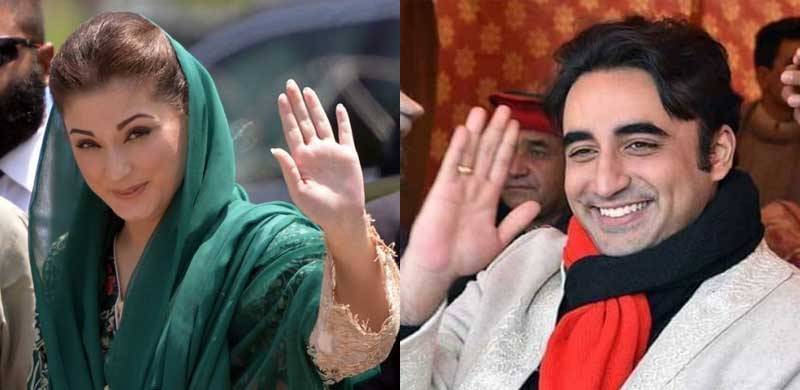
Absence of parliamentary opposition or its weakness is not a good omen for the government, which is presiding over the parliamentary system of government—not good at least as far as Pakistani system is concerned as this could lead to non-parliamentary forces jumping into the foray and causing disruption of the system.
Some people among PTI government are gloating over the fact that one after the other, opposition member parliament are being put behind bars for one or the other reason—and in the process weakening the parliamentary opposition.
Leader of the opposition in National Assembly Shahbaz Sharif is already out of the country and the force behind all the opposition, Nawaz Sharif is too ill to pose any problem for the government. Maryam Nawaz Sharif is too busy seeking the removal of her name from the Exit Control List (ECL) and facing other court cases. She, too, doesn’t seem to be in any mood of doing opposition. Is it good sign for the PTI government?
It is true that the state machinery has left PMLN, the main opposition party, in a bad shape and they don’t seem to pose any real problem for the PTI government inside or outside the parliament. The silence of PMLN leadership on key issues facing the government is mysterious to say the least, leading to speculations in the media and political circles that PMLN leaders have entered into some kind of deal with the government.
Post-Zia political history of Pakistan is a witness that whenever parliamentary opposition gets weakened or disappears from the scene the non-parliamentary forces become active and start to pose a problem for the government.
This is exactly what happened when former PM Nawaz Sharif secured two third majority in the 1997 parliamentary elections and forced his main opposition leader, late Benazir Bhutto out of the country on account of alleged corruption cases against her. She shuttled between London and Dubai during Nawaz Sharif’s second tenure in office and remained absence from the parliament—leaving the parliament front totally free walk for Nawaz Sharif and his ministers during the period from 1997-1999.
Nawaz Sharif started to face the non-parliamentary forces as his opposition during this period—first he fell out with the then Chief Justice, Sajjad Ali Shah and had to rescued by his close confidante from a contempt of court case which could have ousted him from the office of Prime Minister. Second, he fell out with his own handpicked COAS General Pervez Musharraf over the issue of appointments and postings in the army and this brawl cost him his government.
Both these scuffles took place in the background of parliamentary opposition completely absence from the scene—Benazir Bhutto was living in exile in London and other smaller parties were not posing any problem for the PMLN government.
Already the absence of parliamentary opposition to PTI government has compelled the non-parliamentary forces to become active in the power tussles in Islamabad—the issue of legislation on COAS extension could pose serious problems for the government.
And it would be naïve for the government to harp on the theme that all the national institutions are on the same page on national issues—the powers centers have a very sophisticated way of doing politics in Pakistan and they can pose a serious problem for the government, which is depending on the unnatural political developments in Islamabad.
